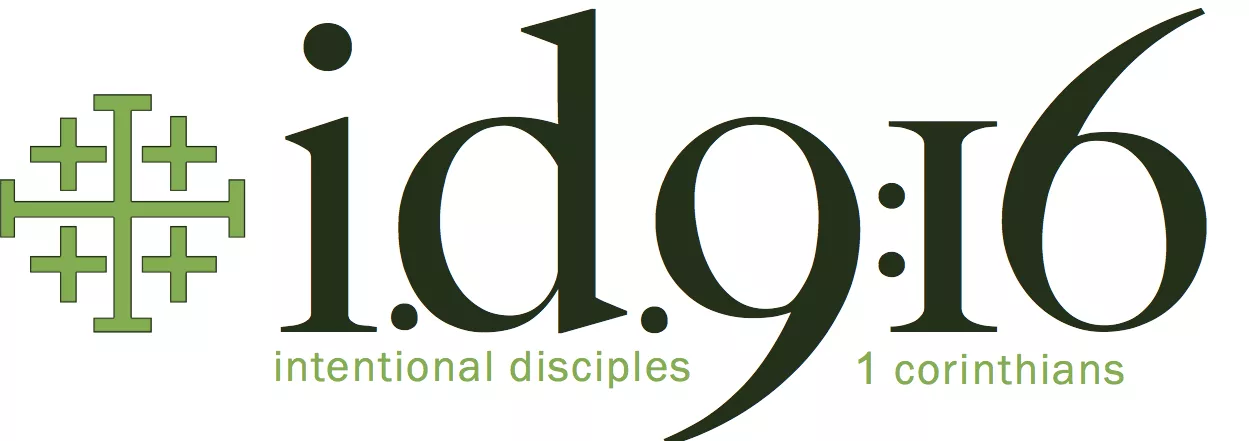One of the biggest hurdles in evangelization in the world around us today could be stated like this: Very few people see themselves as guilty of sin and, therefore, very few seem to be looking for salvation. Once a soul feels its brokenness, its sinfulness, its guiltiness, evangelization is rolling downhill. But, without this, we are pushing uphill.
Practically everyone admits that they have done bad things in their life. But it is not an obvious leap to see how that has anything to do with disobeying or hurting God. These words are as challenging to us as they ever were:
“For what can be known about God is plain to them, because God has shown it to them… So they are without excuse; for although they knew God they did not honor him as God or give thanks to him… Though they know God’s decree that those who do such things deserve to die…” (Romans 1:18-32)
Wow. Let’s admit it, it is hard to wrap our minds around the fact that everyone on Earth knows God’s decrees, or that, in doing wrong, they actually know they are affronting God. I mean, “Without excuse?” We don’t think that way at all. Moreover, it is a much harder leap to see how, because I have done wrong things in my life, I am worthy of death (Romans 1:32; Ephesians 2:5)! We rest in the belief that, “Look, I’m basically a good person,” so the proclamation that “No one is good but God alone” (Mark 10:18) can fall on majorly deaf ears.
This confusion – how our actions could have anything to do with God, unless we have deliberately, by name, affronted Him – is itself a darkness cast by sin.
To not know how doing wrong, regardless of your knowledge about God, is doing wrong to God, is to just not know God. It is to assume that you are the arbitrator of good and evil, the source of your own being. But still, our darkened minds could raise a thousand objections to all this, could they not?
This is sure, though: the truth of Christianity is reduced to dust if we do not all, in reality, stand in a position of guiltiness before God, of vast need of forgiveness and mercy. Christianity means nothing if sin is not real, if we aren’t all sinners.
However, for many, many people in our current time and place, this is just not something that makes sense. So then, how the heck do we come to know the truth about sin and its reality in us? This is a paramount question for evangelization and for the Church living out her purpose in the modern world.
Continued in Part II.
Joey McCoy
Latest posts by Joey McCoy (see all)
- The Center of Evangelization (Part II) - March 1, 2016
- The Center of Evangelization (Part I) - February 27, 2016
- What Wrecks You? - February 19, 2016


Pingback: The Center of Evangelization (Part II) ‹ i.d.916